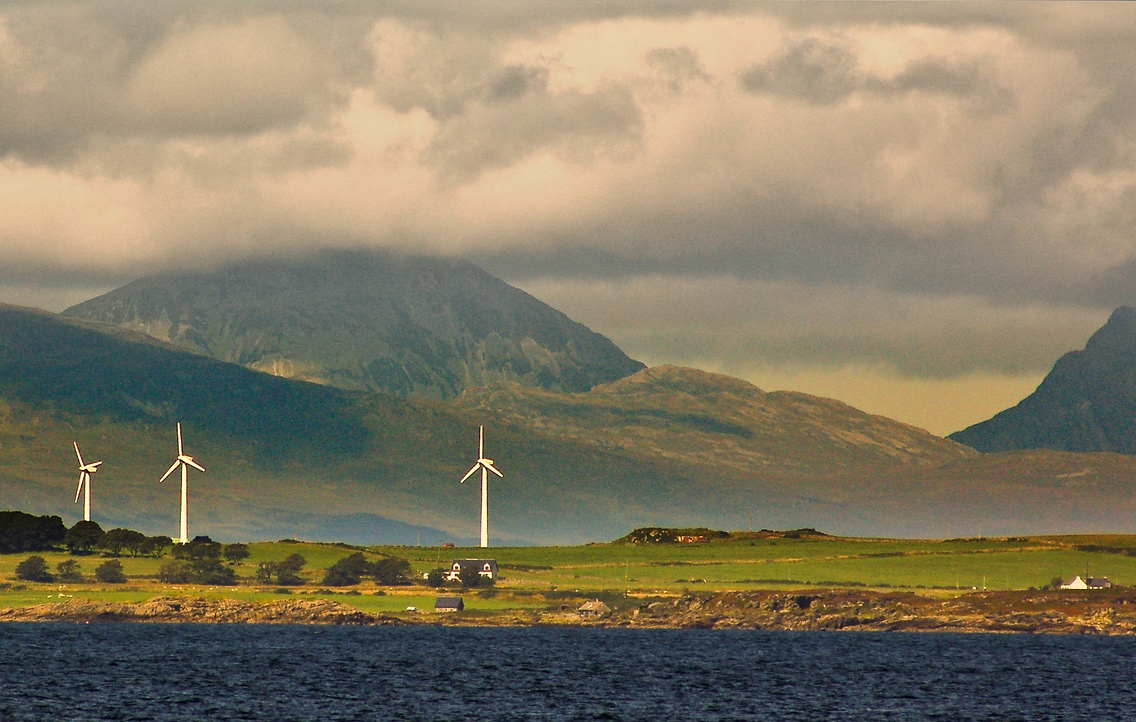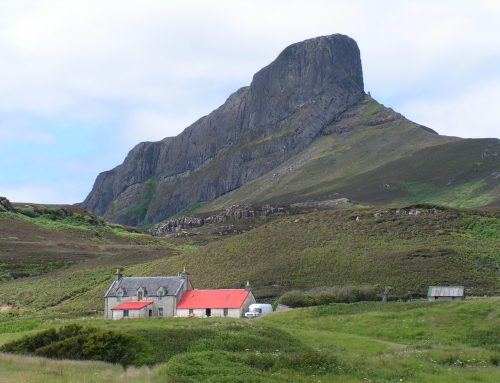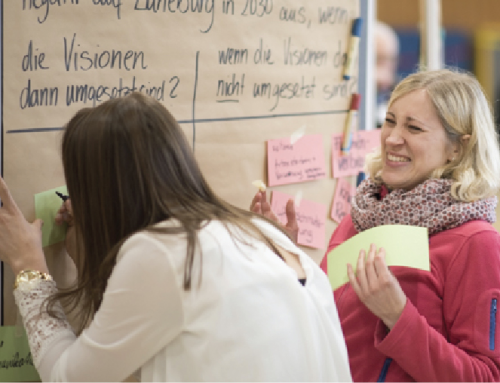How can communities reclaim control over their shared challenges?
In March 2002, Gigha islanders managed, with help from grants and loans from the National Lottery and Highlands and Islands Enterprise, to purchase the island from its absentee landlord for £4 million. The island is now owned through a development trust called the Isle of Gigha Heritage Trust. The Trust aims to promote: community regeneration, employment and sustainability.
[youtube https://www.youtube.com/watch?v=gFiudQ0t2ms?rel=0]
Many people in Scotland live on land owned by large landowners. Scotland has highly unequal landownership, where over 50% of the land is owned by just 500 individuals. The Gigha purchase was enabled by new Scottish laws which have aimed to produce a more equitable ownership of Scotland. The purchase of the island included 47 cottages, four farms, a hotel, quarry, and 54-acre historic garden. Almost all the cottages ‘below tolerable standard’ or ‘in serious disrepair’. The trust refurbished many of the cottages, using borrowed money to avoid rent from becoming unaffordable, or the houses be converted into seasonal, holiday homes for non-residents. The goal was to use community ownership to assure the availability to quality housing.
Isle of Gigha Heritage Trust developed a windfarm which was the first Scottish community owned, grid connected, windfarm. The windfarm was funded by a roughly eqyal combination of roughly equity, loans, and grants. The windfarm started operation in 2005, and can generate approximately two thirds of the island’s electricity demand. Profits from the windfarm have been reinvested by the trust in the island. It has continued to experiment and recently hosted a field trial of a new energy storage system.
Managing a community trust is difficult and places high demands upon a small community. While having assets worth and estimated £7.5 million the trust had accumulated debts of almost £3 million in 2014, due to substantial cost of rennovating houses on the island. While these upgrades were thought to be needed to attract residents, the managing the accumulated debt required a major restructuring of the activiteis of the Trust.
Following decades of decline, the islands population has increased 45% between 2001 and 2011. Gigha’s economy relies on tourism, but also includes livestock farming, and fishing. Tourism, but also many of the other activities, require community cooperation and cohesion, something that community management can enable. Since the community buy-out, the diversity and number of local businesses has increased. The trust aimed to enhance this growth by refurbishing fishing facilitates and community owned dairy and sheep farms.
The transformation of residents of the island from tenants to communal land owners offers the potential to enable a transformation to a more equitable and sustainable place.
The community land purchase has changed the way people on Gigha relate to nature and one another, as well as generated many new projects, and while Gigha has is facing financial challenges as part of the community land purchase movement it is a model for other communities in Scotland and around the world.
See more:
Scottish historian and land reform advocate, James Hunter, argues that a re-invention of crofting could provide a way to create resilient and sustainable rural livelihoods by promoting occupational pluralism (i.e. one person doing a number of different jobs), and the stewardship of local cultural ecosystems. Scottish historian Jim Hunter has written a book, From the Low Tide of the Sea to the Highest Mountain Top, that documents how recent examples of community ownership has built local self-confidence while reverse contracting economies and shrinking populations, and attracted new residents while providing affordable homes and enabling the creation of new businesses.
This type of shift in land ownership makes Scotland innovator in community focussed land reform.
Community Land Scotland was established in 2010 to represent and network current and aspiring community landowners in Scotland. The International Land Coalition supports community land rights and land reform movements around the world.
A 2012 article by geographer Fiona Douglas Mackenzie : A common claim: Community land ownership in the Outer Hebrides, Scotland as well as her 2012 book Book review of Places of Possibility: Property, Nature and Community Land Ownership
Also 2013 Sarah Skerratt‘s article on the challenges that local community faces Enhancing the analysis of rural community resilience: Evidence from community land ownership.
As well as Robert Mc Morran and others Reconstructing sustainability; participant experiences of community land tenure in North West Scotland



